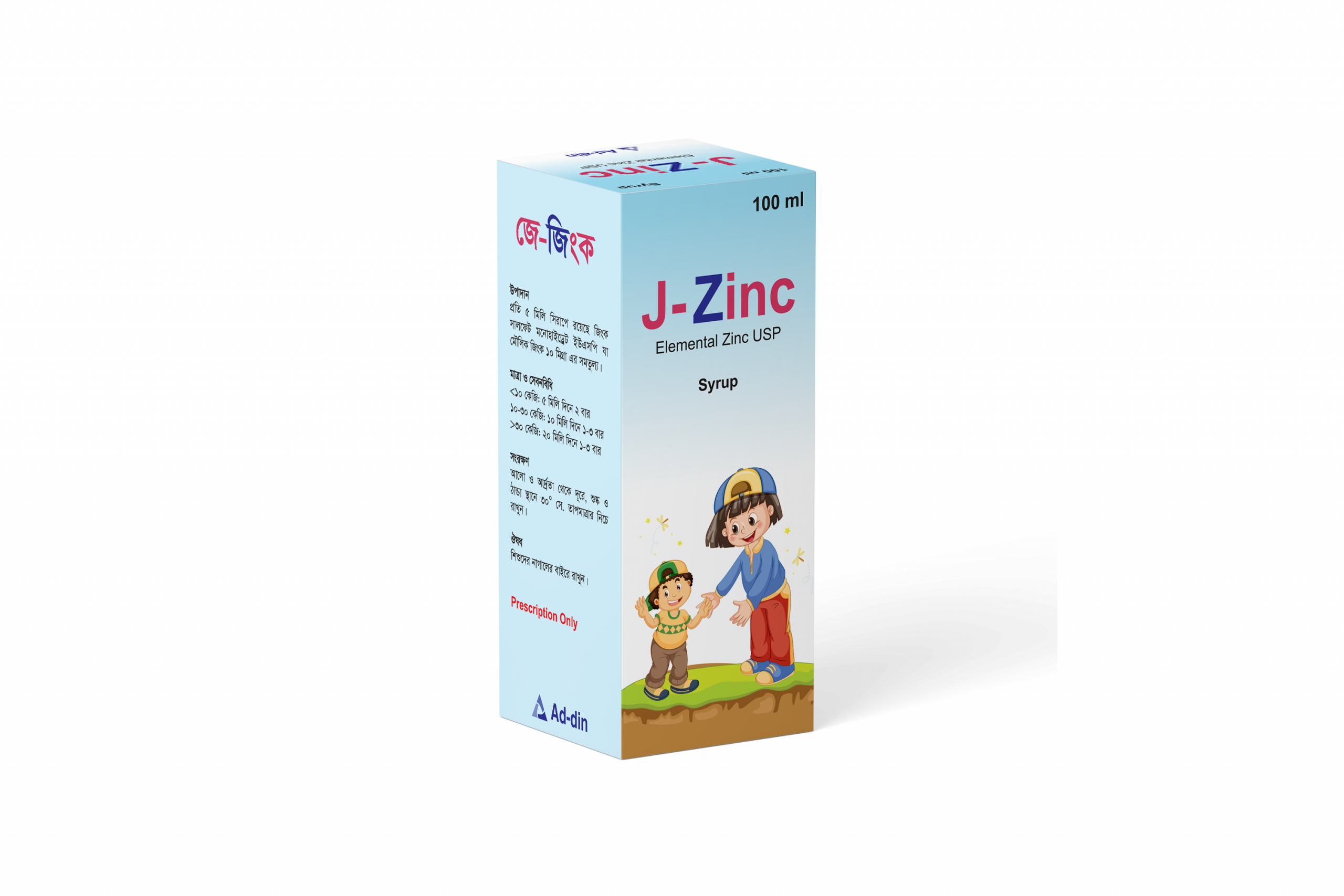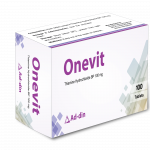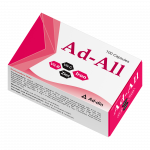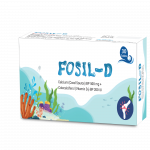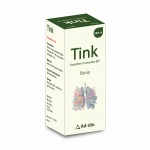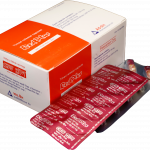Composition
J-Zinc Syrup: Each 5 ml of syrup contains Zinc Sulfate Monohydrate USP equivalent to 10 mg Elemental Zinc.
Pharmacology
Zinc is an essential trace mineral, which means that it must be obtained from the diet since the body cannot make enough. Next to iron, zinc is the most abundant trace mineral in the body. Stored primarily in muscle, zinc is also found in high concentrations in red and white blood cells, the retina of the eye, bones, skin, kidneys, liver, and pancreas. Some of the symptoms of zinc deficiency include loss of appetite, poor growth, weight loss, impaired taste or smell, poor wound healing, skin abnormalities (such as acne, atopic dermatitis and psoriasis), hair loss, night blindness, hypogonadism and delayed sexual maturation, white spots on the fingernails and feelings of depression.
Indication
Indicated for the treatment of diarrhea, zinc deficiency, immune deficiency, age related blindness, prevention and treatment of colds, maintenance of taste and smell, male potency and sex drive, infertility, prostate problem, hair loss and diabetes & rheumatoid arthritis.
Dosage and Administration
Zinc supplements are most effective if they are taken at least 1 hour before or 2 hours after meal.
Children under 10kg: 2 teaspoonful J-Zinc syrup daily in divided doses after food.
Children within 10-30kg: 2 teaspoonful J-Zinc syrup 1-3 times daily.
Children over 30kg: 4 teaspoonful J-Zinc syrup 1-3 times daily after food.
Contraindications
Zinc is contraindicated in patients who are hypersensitive to Zinc or any component of the product.
Warning & Precautions
Food may decrease the absorption of Zinc. Hence the patients are advised to take the preparation at least 1 hour before or 2 hours after meal.
Side Effects
Most of the supplements including Zinc are considered to be safe. However, few mild side effects such as nausea, vomiting, headache, drowsiness, gastric ulcer, metallic taste may occur.
Use in Pregnancy & Lactation
The patients should consult to the physician before use the preparation
Drug Interaction
Concomitant intake of a tetracycline and zinc may decrease the absorption of both the tetracycline and zinc. Similarly concomitant administration of zinc and quinolone drug may also decrease the absorption of both. Concomitant intake of penicillamine and zinc may decrease absorption of zinc.
Overdose
Zinc is considered to be relatively nontoxic, particularly if taken orally. However, manifestations of overt toxicity symptoms (nausea, vomiting, epigastric pain, lethargy, and fatigue) will occur with extremely high zinc intakes.
Storage
Store in a cool & dry place below 30°C, protect from light & moisture. Keep out of reach of children.
Packing
J-Zinc Syrup: Each bottle contains 100 ml of syrup.

